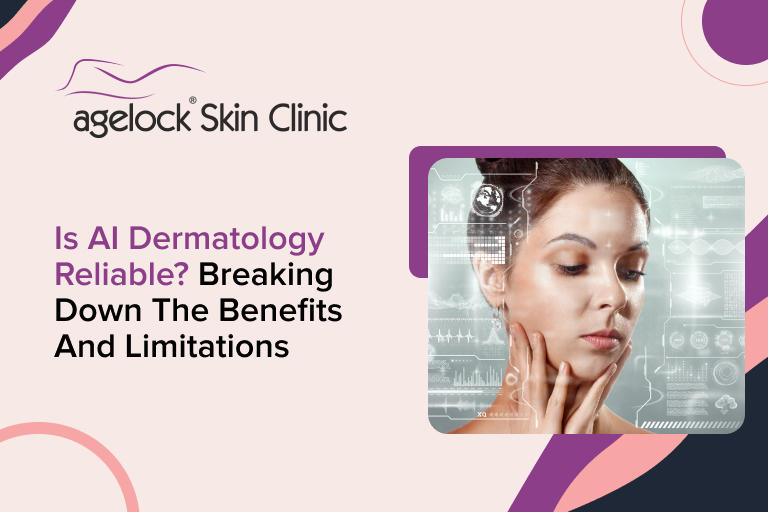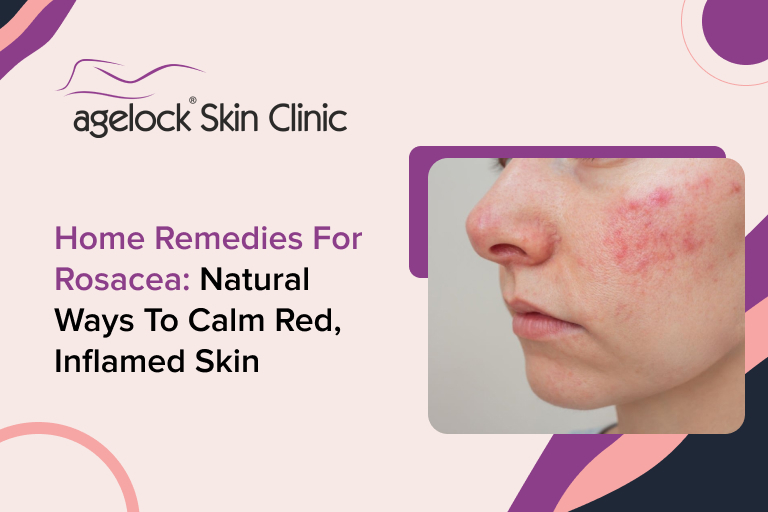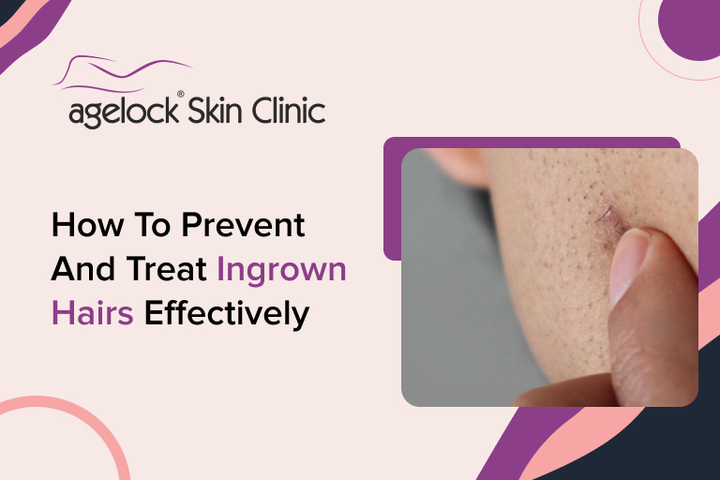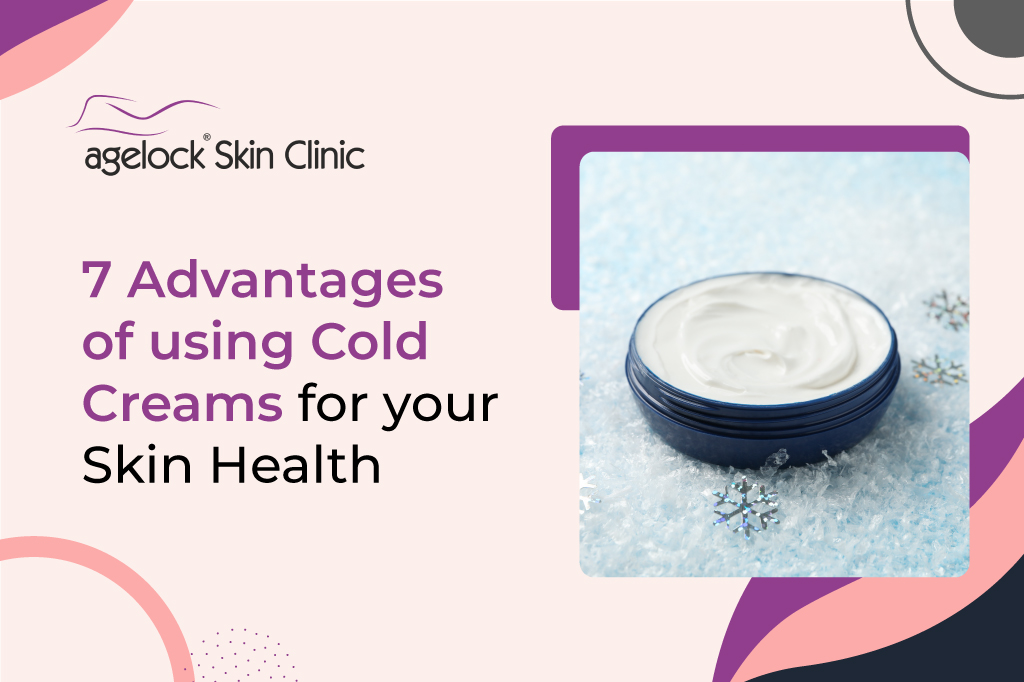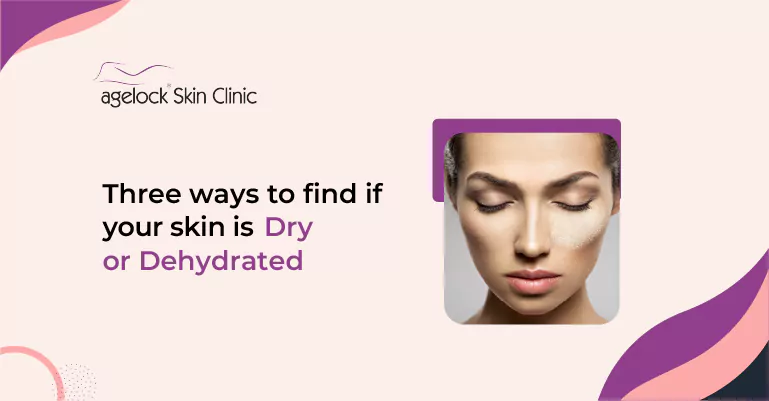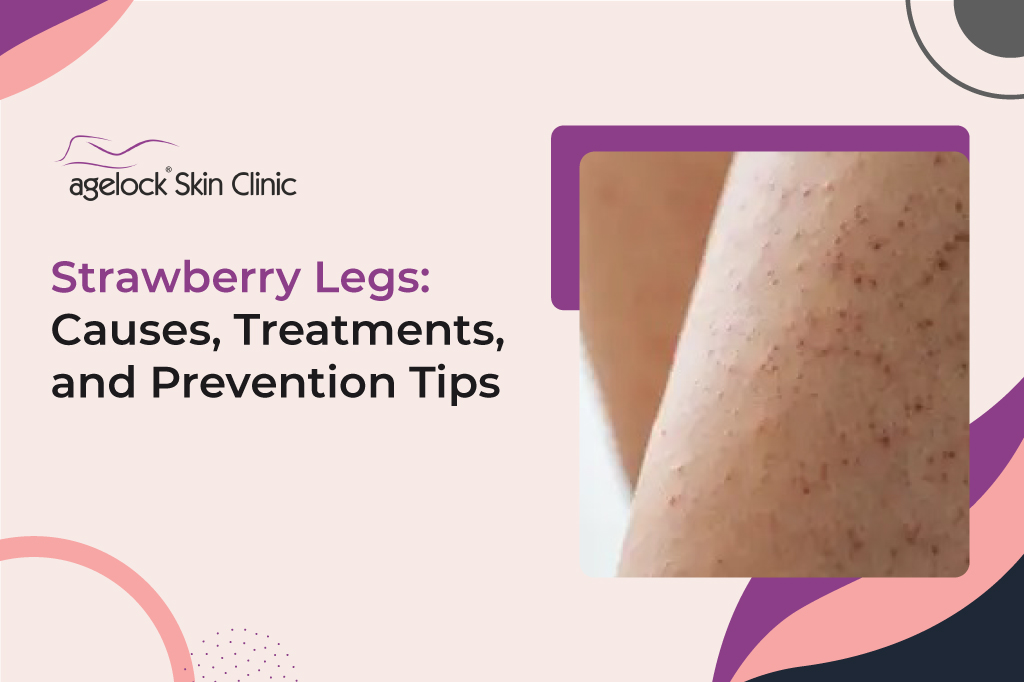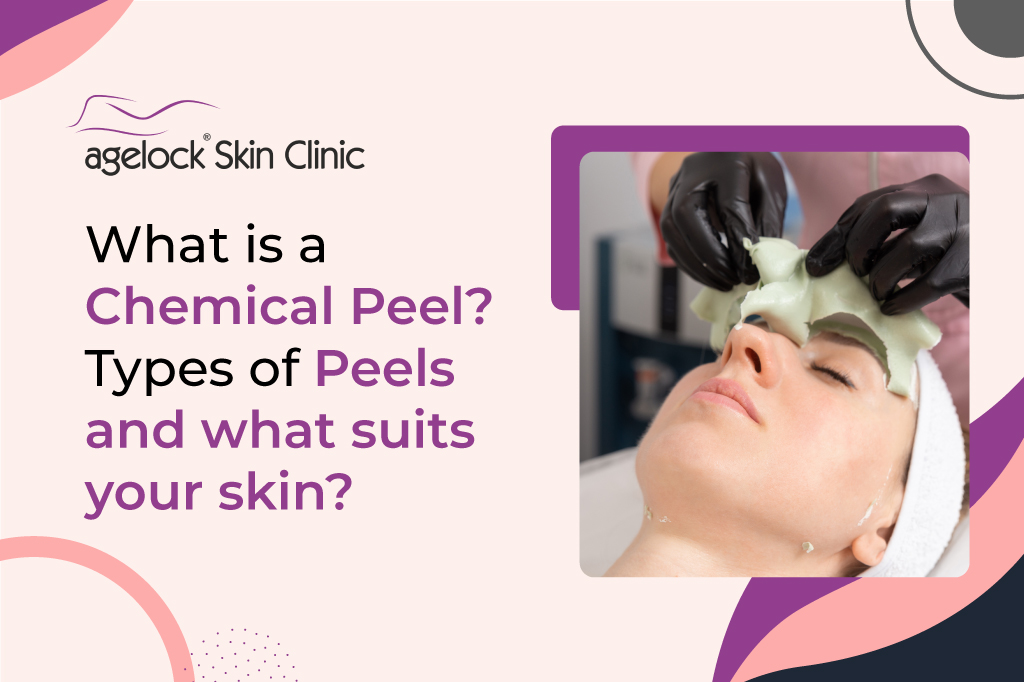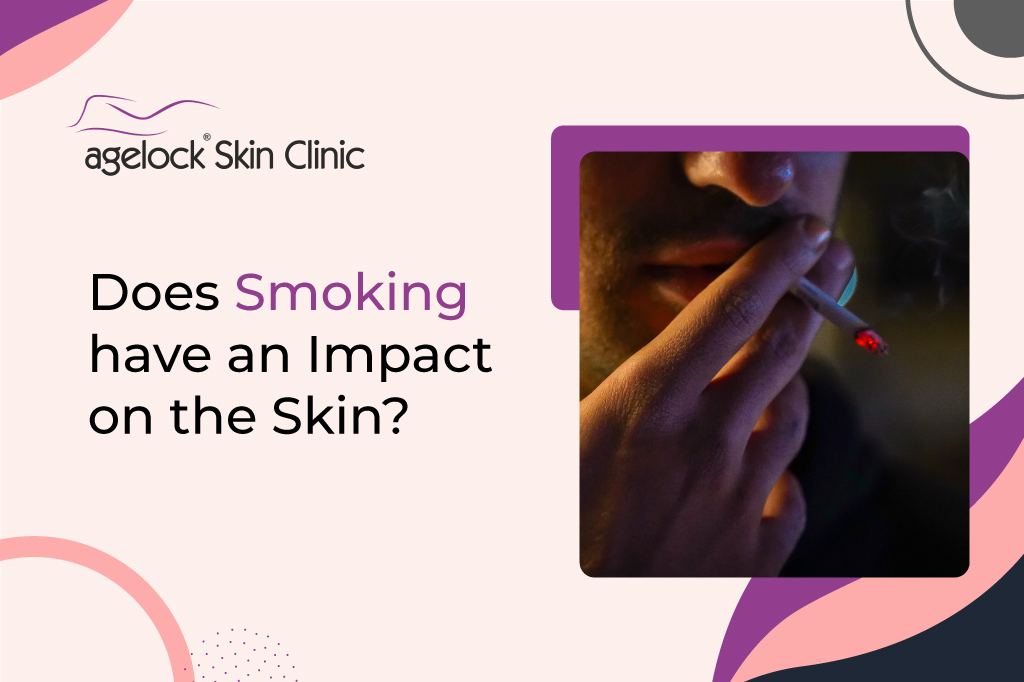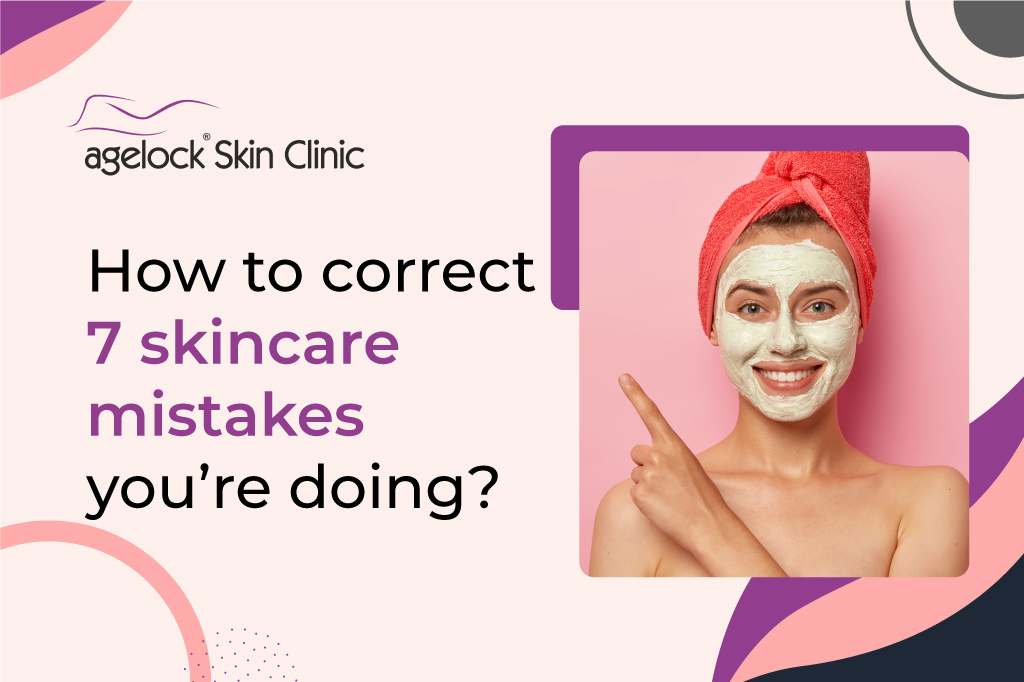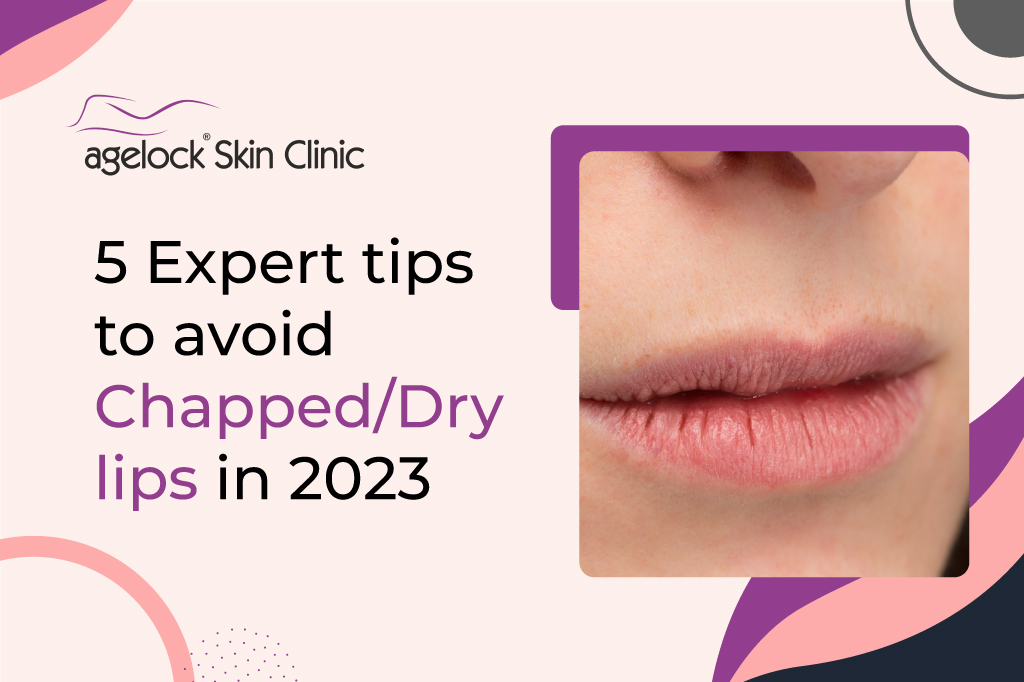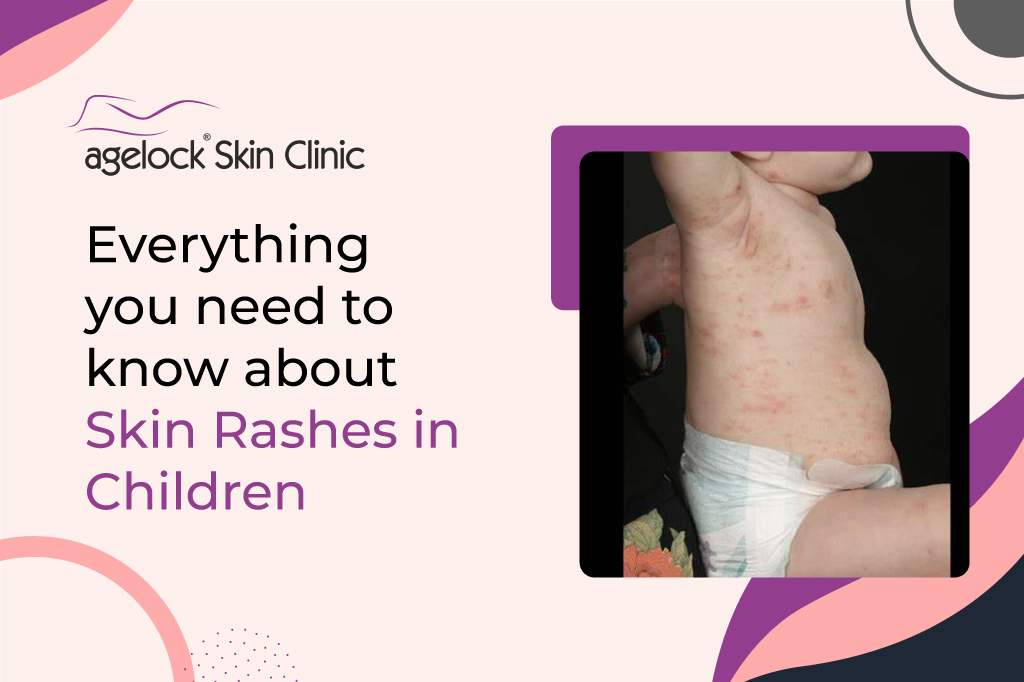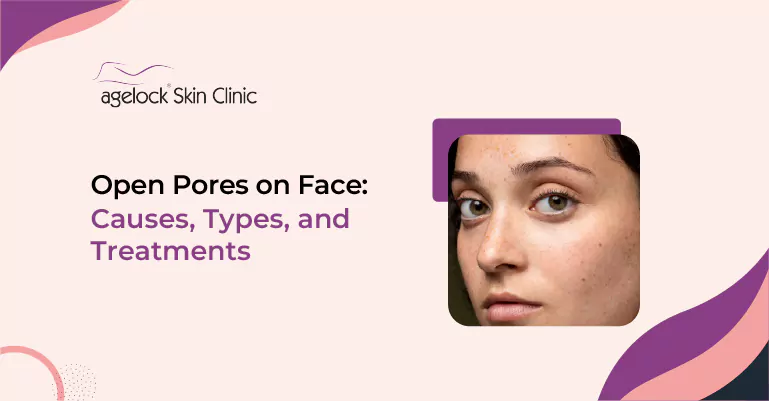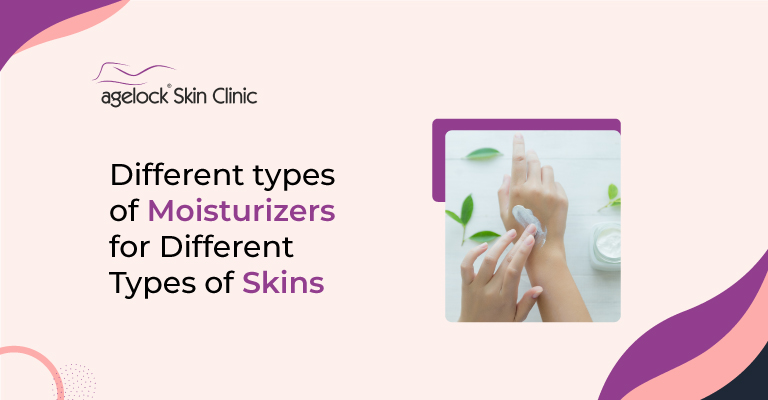Everyone wants young, radiant skin, right? But the question is, how hydrated do we keep our skin? But using only cosmetic products won’t cause that. When it comes to giving your face enough moisture and nourishing nutrients, the only options left are a hydrator and moisturizer. Both are crucial skincare products for maintaining healthy, hydrated skin. However, they work a bit differently. This blog thoroughly explains the difference between a hydrator and a moisturizer.
What is a hydrator?
Hydrators, also known as humectants, are skincare products designed to increase the skin’s water content within skin cells to add moisture. It helps to increase the skin texture and reduce flakiness and dryness, helping the skin to become more radiant. They are usually lightweight, water-based products that contain hyaluronic acid, glycerin, and aloe vera as active ingredients that hold moisture on your epidermis by absorbing it from the atmosphere or your skin.
What is a Moisturizer?
A moisturizer, also known as an emollient, is a cosmetic product used for lubricating, protecting, and moisturizing the skin made of ingredients to restore water and prevent water loss. They are available in various forms, including creams, lotions, gels, and oils. Our skin naturally produces sebum and oils to keep our skin hydrated and healthy. However, our skin can become dry, or irritated due to aging, over-sun exposure, weather conditions, and certain medical conditions. A moisturizer can replenish the skin’s moisture barrier and restore its moisture.
Hydrators vs. Moisturizers
Although both work to help moisturize the skin, there are significant differences between hydrators and moisturizers. Proper hydration is the key to achieving healthy, youth-looking skin. Simply said, a hydrator helps your skin absorb moisture in the environment. On the other hand, a moisturizer helps lock the moisture in your skin. While both aim to avoid dry and dehydrated skin, they do so in very different ways.
The skin’s hydration level greatly affects how it feels and looks (rough, dry, oily, etc.); when the skin’s natural protective barrier is sufficiently hydrated, our skin is protected from external factors like pollution, germs, and mold. Additionally, the water content in the cells allows them to enlarge, plump up, and return to their original shape, giving skin a smooth, younger-looking appearance. When our skin cells’ water level is too low, it becomes dry, sunken, or irritated.
Applying a topical hydrator draws water into the skin cells, increasing the water content and helping to reduce wrinkles. But moisturizer works differently. They work to seal in the already present moisture instead of drenching your skin cells in water.
When should you use them?
You should use a moisturizer
- after cleaning your face
- before putting on makeup
- before going to bed
- after exposing the sun
- In cold or dry weather.
You should use a hydrator
- while doing exercise
- during summer or hot weather
- during outside activities
- even use it throughout the day.
Which is the best for your skin?
In recent years, there has been a plethora of beauty and skincare products available in the market. But the fact is the majority of them do things in the same way. Most skincare products contain occlusive, emollient, and humectant ingredients, which simultaneously hydrate and moisturize your skin. Make sure to read the ingredients and give them a try based on your skin type. Your skin may occasionally respond better to just one hydrator or moisturizer rather than both.
- If you have rough and dry skin, try a thick oil-based moisturizer.
- If you have dehydrated skin, try a topical hydrator.
- If you have oily skin, try a water-based hydrator or gel-based moisturizer.
Bottom line
No matter what, you are searching for an ideal hydrator or moisturizer. Choosing the best product that suits your skin is important to get your desired results. However, you should always drink plenty of water daily, which is most important to maintain your skin, stay hydrated, and look healthy. Make sure to consult your dermatologist before using any of the skincare products.


